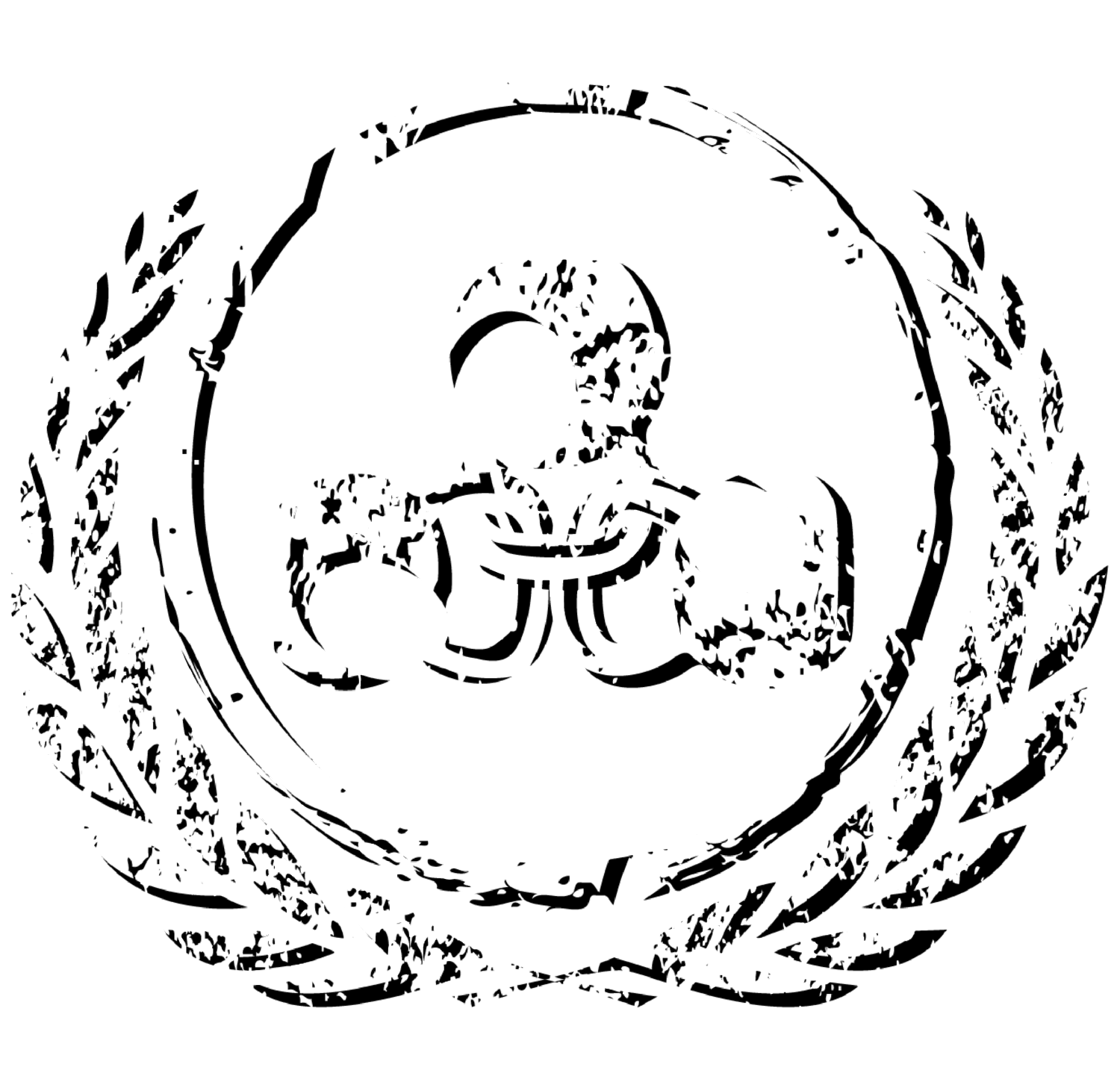We spend hours and hours honing our craft in the gym, working hard, recording our results in order to improve. We encourage each other, change our eating habits, drink less, mobilize. But most of these practices are futile if we aren't taking care of what is going on between our ears. Mindset and mental toughness are the hallmarks of progress in both CrossFit and in our lives. If we aren't tending to that in the same way we are practicing our double unders, then what are we even doing?
Mindset is a buzzword popularized by Carol Dweck in her book Mindset. You hear the term referenced by coaches, doctors, and CEOs in podcasts, articles, documentaries, and other books. Part of having what’s called a growth mindset is our ability to believe that by taking personal responsibility, change and improvement are possible. Part of what catalyzes that change is commonly referred to as mental toughness. When we think of mental toughness, however, we often think of it through the lens of The CrossFit Games: who can endure the most pain for the largest reward. This is not singularly mental toughness. PR-ing your clean while simultaneously disregarding a back injury is not mental toughness; it’s dumb. Instead, mental toughness is comprised of resilience in the face of negative emotions and circumstances, surrender to factors we cannot control, composure in the difficult moments, and confidence in yourself no matter the outcome. The great thing about mental toughness is that it is a cultivable quality: you can practice it and grow it like any other skill.
This month, make your mindset and mental toughness the primary skill you practice at the box; it is the biggest bang for your buck if you want to be become better. This means actively putting yourself in uncomfortable situations in order to practice patience and adaptability. Always do handstand push-up on the plates? Use the crash mat. Always use the speal bar? Pull up on the powder-coated bar instead. Do a workout with no music. Don't look at the WOD in advance. Show up purposefully on a day when you know you’ll suck at a movement. Take a rest day. Mediate. Stop complaining. Don’t strip the bar when you fail one rep in a workout. Take a deep breath and try again. Slow down. Visualize how you will act when things go wrong. Set goals that have nothing to do with times and numbers. Did you stay composed the whole workout? Did you focus on your own pace, not someone else’s? Did you keep your back set for every deadlift and clean?
Mental toughness is the qualifying condition of CrossFit. It is entirely what its core values rest on, what gave it its reputation back in the day. If you talk to an OG CrossFitter, he or she tends to be far more adaptable and gritty than many of us are now. They worked out when most boxes didn’t release the workouts in advance. They weren't able to cherry pick. They didn’t get to choose what equipment or part of the room was comfortably theirs. They didn’t get to pick Open gym over a workout they didn’t like. They didn't get to choose the music. They ran in the rain.
We come to CrossFit because many of us feel it is our happy place, a relief from the stresses of everyday life. But happy doesn't necessarily mean comfortable, and it certainly doesn't mean easy. Every one of us who loves this sport loves it because deep down we possess some level of grit, gravel, or fire in our guts. So grab your habits and comforts by the neck and shake the shit out of them. Challenge them by actively putting yourself in new or uncomfortable situations and owning the discomfort. After all, that is what CrossFit is all about.



